-
About
- About Listly
- Community & Support
- Howto
- Chrome Extension
- Bookmarklet
- WordPress Plugin
- Listly Premium
- Privacy
- Terms
- DMCA Copyright
- © 2010-2025 Boomy Labs

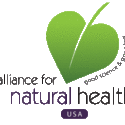 ANH-USA
ANH-USA
Listly by ANH-USA
Including the natural treatments your doctor won't tell you about.
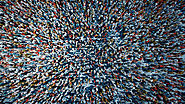
Half of teens and adults under the age of 50 are infected with the oral herpes virus, and one in eight has genital herpes. Despite the prevalence of herpes, public health authorities ignore a cheap, safe, and effective treatment for this common infection, and instead rely on expensive medicines that do not treat the underlying problem. This, unfortunately, is par for the course in our crony health system.

Everywhere you look, conventional medicine is singing the same tune: the Mayo Clinic, the Centers for Disease Control and Prevention, and the National Institutes of Health all say that even though there is no cure for herpes, the best way to prevent or treat the symptoms is with antiviral medications like acyclovir (sold under the trade name Zovirax), famciclovir (Famvir), or valacyclovir (Valtrex). There is even a herpes vaccine in development—although the FDA has launched a criminal investigation into the (now deceased) lead researcher, who allegedly injected his experimental vaccine into human subjects without following safety protocols.
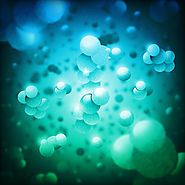
Suppressive therapy for herpes means huge profits for drug companies, particularly since these medicines are expensive—there is no generic version for Acyclovir as yet, and a one-month supply of Valtrex costs around $250. There is also the small problem that these drugs tend to lead to drug-resistant superbugs.
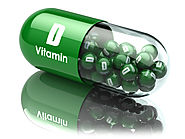
But conventional medicine ignores the obvious natural prescription: get a vitamin D test! It is yet another example of a cheap, safe, and effective medicine that is effectively barred in today’s crony medical system. If it can’t make money for drug companies, the crony medical establishment will have nothing to do with it.
Vitamin D is a powerful natural antiviral, which is why we bang the drum about vitamin D therapy for colds and especially flu every chance we get. One study found that dialysis patients who receive vitamin D and iron were less likely to develop shingles, which is part of the herpes family of viruses; higher vitamin D levels corresponded with more antibodies to the herpes-simplex-2 virus.
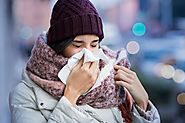
The problem is that a whopping 70% of the US population is not getting enough vitamin D, according to the Vitamin D Council.
According to John Cannell, MD, founder of the non-profit Vitamin D Council, “Current research has implicated vitamin D deficiency as a major factor in the pathology of at least seventeen varieties of cancer as well as heart disease, stroke, hypertension, autoimmune diseases, diabetes, depression, chronic pain, osteoarthritis, osteoporosis, muscle weakness, muscle wasting, birth defects, periodontal disease, and more.” All of this is in addition to viral and bacterial infections.

Besides vitamin D, there are a number of other natural ways to increase the odds of avoiding herpes outbreaks:
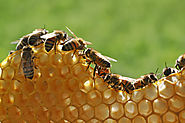
Among natural treatments for active herpes lesions are vitamin C powder and propolis, a natural product found in beehives. The two can be combined. This is somewhat more realistic than the often-mentioned peppermint oil and tea tree oil because their pungent odor announces their presence—not something you want during a herpes eruption. Lemon balm oil also has some research behind it.
